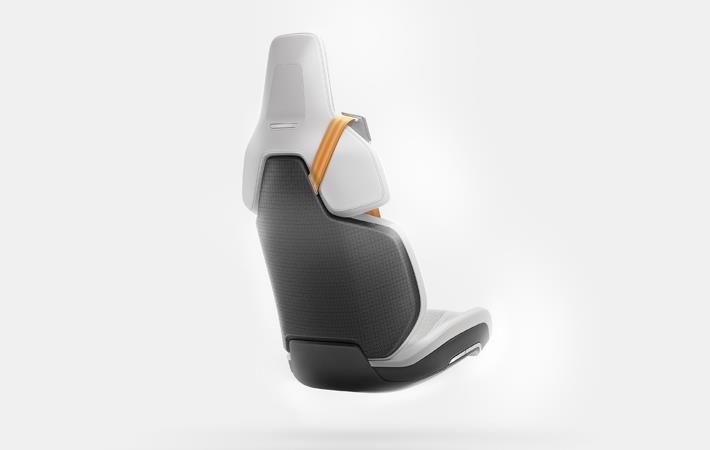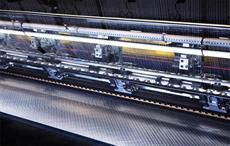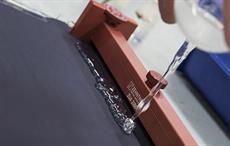Polestar is working towards full sustainability for its future vehicles. The electric performance brand aims to reduce weight, cut plastic content and lessen waste material with innovative natural and recycled source materials such as Bcomp’s natural fibre composite solutions, and cork and fishing nets. This could improve crash behaviour for interior panels.
“It’s clear that to be truly sustainable we have to evaluate every element that goes into our cars,” says Thomas Ingenlath, Polestar CEO. “For Polestar, sustainability is not just about the electric powertrain. With the development of these innovative new solutions that we will introduce in our future cars we make a strong statement of our intentions.”Polestar is working towards full sustainability for its future vehicles. The electric performance brand aims to reduce weight, cut plastic content and lessen waste material with innovative natural and recycled source materials such as Bcomp's natural fibre composite solutions, and cork and fishing nets. This could improve crash behaviour for interior panels.#
Bcomp’s revolutionary powerRibs and ampliTex technologies could turn natural fibres into lightweight and safety-conscious interior panels for future production models within the Polestar range. The composite utilises flax, which differs from many bio-materials as it is both ideal for use in crop rotation programmes and does not directly compete with food crops.
With up to 50 per cent reduction in overall weight and an 80 per cent reduction in plastic content compared to traditional interior panels, Bcomp enables a significant weight saving by being not only stronger but also lighter than traditional plastics used in car interiors.
A 3D-knit material, well-known in the fashion and active footwear industries, can be implemented as seating surfaces to reduce waste and promote recycled material sources. A single thread is used to produce a three-dimensional individual component in its entirety and the base material is 100 per cvent recycled yarn derived from PET bottles. Waste is removed in the production process since the material is made exactly to size with no off-cuts.
The wine and fishing industries can also contribute towards full-circle sustainability, with cork and fishing nets being recycled and incorporated within car interiors. Waste material from the cork manufacturing process and even whole bottle stoppers can be integrated into PVC interior componentry. Recycled Nylon 6, derived from discarded fishing nets, can be turned into woven carpets and is gathered through an international collection network to infinitely regenerate this material and accept returned end-of-life products from customers and consumers.
“Importantly, we don’t need to sacrifice design and luxury with these materials,” says Maximilian Missoni, head of Design at Polestar. “If anything, they enable an even more premium, cutting-edge execution which elevates our design-led products. Using sustainable materials presents a positive challenge, giving new meaning to interior design. We are able to derive entirely new aesthetics from a new context and the related technologies, allowing society to move on.”
Fibre2Fashion News Desk (SV)


